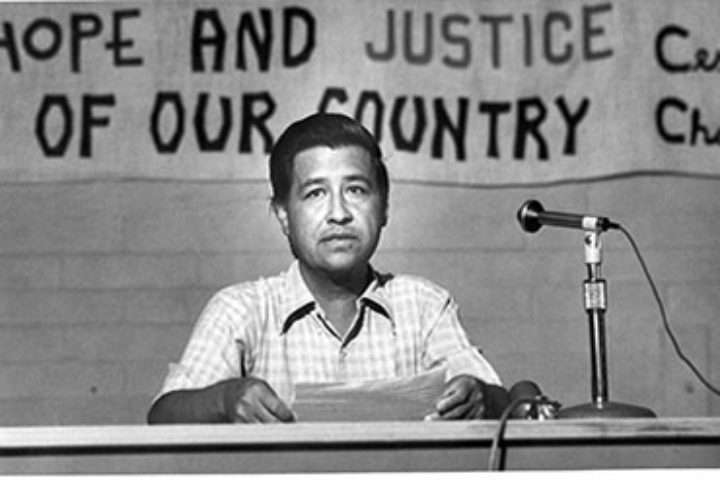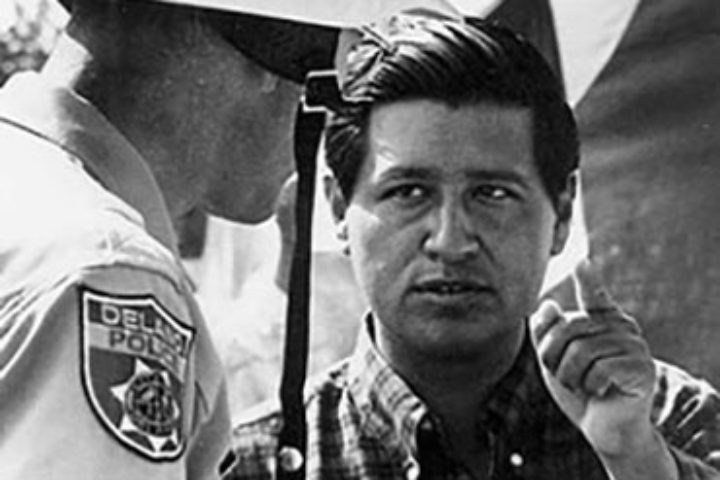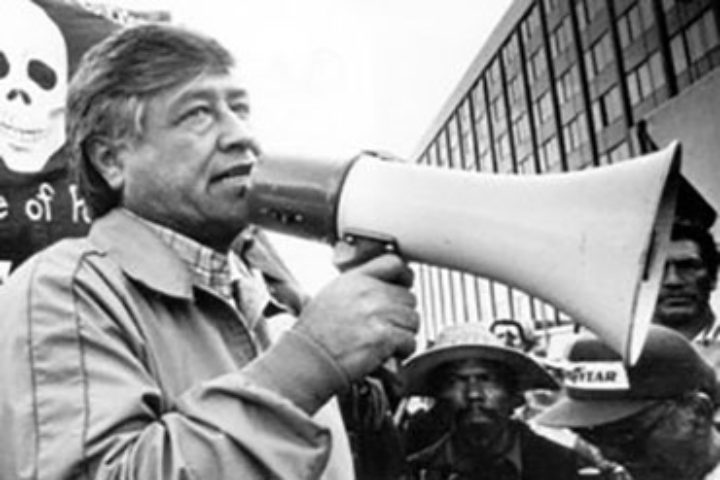


On March 31, 1962—his own birthday—Cesar Chavez launched the farmworker movement with the National Farm Workers Association. He had a bold vision for a strong farmworkers’ union as well as services that would support that union by building communities up beyond the workplace. Cesar Chavez knew it would take an entire movement to empower his community to overcome the burdens of poverty, discrimination, and powerlessness.
He started by creating a death benefit, a credit union and a cooperative gas station. These early efforts quickly grew, and the National Farm Workers Service Center was introduced in 1966 to build affordable housing for the elderly and displaced Filipino-American farmworkers. Cesar Chavez also established two educational-style Spanish-language radio stations, which have now grown into 11 stations.
Today, the National Farm Workers Service Center has become the Cesar Chavez Foundation, which continues to expand on Cesar’s early work and vision to create a movement to improve the quality of life for Latinos and working people. Cesar Chavez’s vision was ambitious, and a half a century later, the lasting and ongoing effects of his work have transcended even his original aim.
Highlights From Our History:
- 1962
- Cesar Chavez founds the National Farm Workers Association (which later becomes the United Farm Workers of America)
- 1963
- The first credit union for farmworkers is established
- 1966
- Cesar Chavez founds the National Farm Workers Service Center (now the Cesar Chavez Foundation)
- 1970
- The Robert F. Kennedy Medical Plan is established, the first health insurance for farmworkers
- 1974
- The first affordable housing property, a retirement home for elderly Filipino-American farmworkers, is built
- 1984
- The first of 11 radio stations is launched to provide entertainment and education
- 2012
- President Obama designates Nuestra Señora Reina de La Paz in Kern County, California, as the Cesar E. Chavez National Monument
